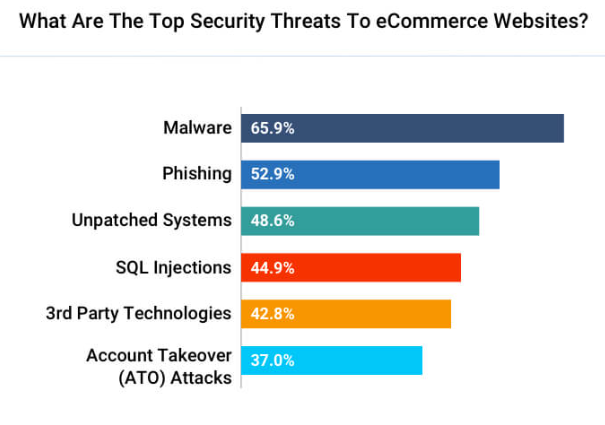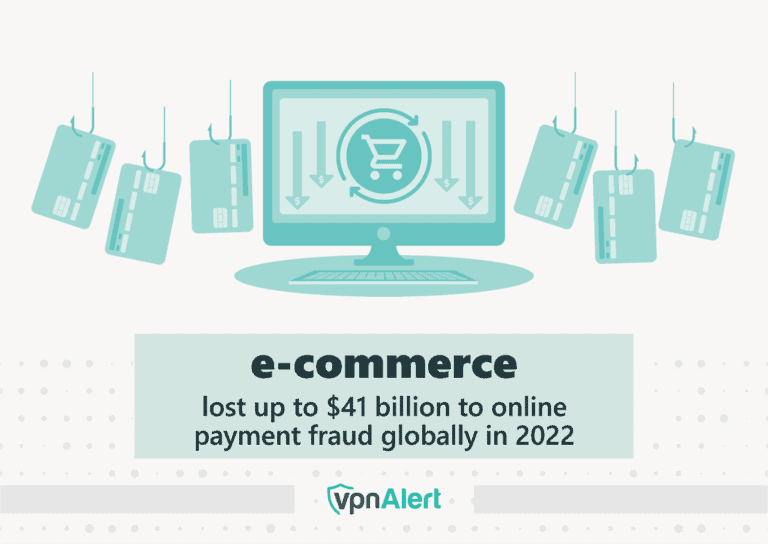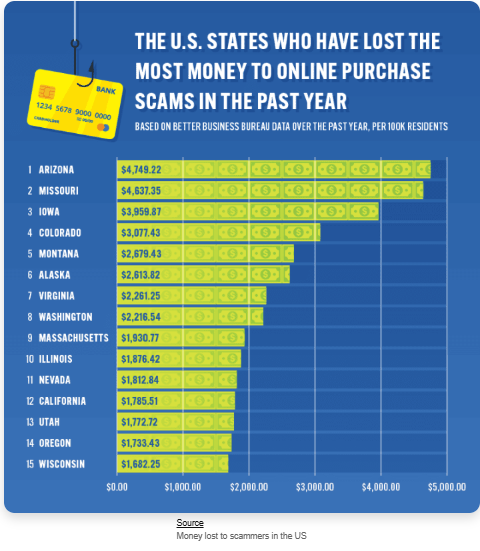
In today’s digital economy, eCommerce businesses handle vast amounts of sensitive customer data from payment details to personal information and much more. Unfortunately, this makes them prime targets for cybercriminals. According to a recent report, more than 90% of eCommerce websites analyzed had security vulnerabilities that could be exploited by hackers.
For businesses, a single security breach can result in financial loss, reputational damage, and legal consequences. Customers, on the other hand, expect brands to protect their data with top-tier security measures. In an era where cyber threats are evolving rapidly, prioritizing eCommerce security is not optional, but essential.
This blog will explore the key security threats eCommerce websites face and actionable strategies to fortify your online store against cyber risks.
Understanding eCommerce Security: The Fundamentals
eCommerce security refers to the measures that businesses implement to safeguard their platforms, transactions, and customer data from cyber threats. These include:
-
Data encryption: Safeguards confidential information by restricting unauthorized access.
-
Secure payment gateways: Ensures financial transactions are encrypted and PCI-compliant.
-
Multi-factor authentication (MFA): Strengthens security by requiring multiple verification methods, making it harder for unauthorized users to gain access.
-
Firewalls and anti-malware software: Detect and block potential cyber threats.
-
Access controls and monitoring: Prevents unauthorized users from accessing critical systems.
By integrating these security measures, eCom businesses can protect and retain their customers’ trust and ensure compliance with data protection regulations such as GDPR, CCPA, and PCI-DSS.
Why eCommerce Security is a Non-Negotiable Priority
Cybercriminals use various techniques to compromise online stores. Understanding these threats is the first step to mitigating risks.

Source: GoodFirms
1. Phishing Attacks
Phishing is a social engineering attack where hackers deceive users into revealing sensitive data through fraudulent emails or fake websites. According to the FBI, phishing scams accounted for over $52 million in losses.
How to Protect Against It:
-
Educate employees and customers on identifying phishing attempts.
-
Implement email filtering systems to block suspicious emails.
-
Use Multi-Factor Authentication (MFA) to secure user accounts.
2. Malware and Ransomware Attacks
Malware can infect eCommerce websites, stealing sensitive customer information or even shutting down entire systems. Ransomware attacks increased by 62% in last few years, affecting businesses of all sizes.
How to Protect Against It:
-
Keep software and security patches up to date.
-
Deploy firewalls and endpoint security solutions to detect malware.
-
Consistently create backups of essential data to safeguard against potential loss.
3. SQL Injection (SQLi)
SQL injection is a hacking technique where attackers manipulate website databases to gain unauthorized access to sensitive data.
How to Protect Against It:
-
Use parameterized queries to prevent malicious database inputs.
-
Deploy Web Application Firewalls (WAF) to detect and block SQLi attempts.
4. E-Skimming (Magecart Attacks)
E-skimming occurs when hackers inject malicious code into checkout pages to steal customer payment details in real time.
How to Protect Against It:
-
Conduct regular security scans to detect vulnerabilities.
-
Implement real-time fraud monitoring and tokenization technology for payments.

Source: vpnAlert
Also Read: Beyond the Cart: AI's Role in Securing eCommerce Transactions
5. Distributed Denial of Service (DDoS) Attacks
A DDoS attack overwhelms an eCommerce website with excessive traffic, making it inaccessible to real customers. Over 40% of eCommerce sites experience at least one DDoS attack annually.
How to Protect Against It:
-
Use Content Delivery Networks (CDNs) and load balancers to distribute traffic efficiently.
-
Invest in DDoS protection services to mitigate attack impacts.

Source: Keywords Everywhere
Best Practices for Securing Your eCommerce Website
1. Implement SSL Encryption
An SSL certificate encrypts data between users and your website, ensuring secure transactions. Websites with SSL security are favored by Google in search rankings.
2. Use Strong Authentication Methods
Require multi-factor authentication (MFA) for all admin and customer accounts to prevent unauthorized access.
3. Regular Security Audits and Penetration Testing
Conduct frequent security audits to identify vulnerabilities before hackers exploit them. Penetration testing simulates real-world attacks to test security defenses.
4. Keep Software and Plugins Updated
Many attacks exploit outdated software. Ensure your CMS, plugins, and payment gateways are always running on the latest security patches.
5. Limit Access to Sensitive Data
Adopt role-based access control (RBAC) to restrict access to critical systems. Only authorized personnel should handle customer payment information.
6. Ensure PCI-DSS Compliance
If your eCommerce store processes card payments, it must comply with PCI-DSS standards to safeguard cardholder data.
7. Educate Employees and Customers
Human error accounts for 95% of cybersecurity breaches. Conduct regular training sessions for employees and provide security guidelines for customers.
8. Develop an Incident Response Plan
Prepare for worst-case scenarios by having a well-documented incident response plan outlining steps to contain, mitigate, and recover from cyberattacks.
Read also: How Diginyze AI Secures Online Transactions
How Diginyze Helps Secure Your eCommerce Business
Diginyze offers advanced eCommerce security to keep cyber threats at bay. Our eCommerce platform includes:
-
Built-in SSL encryption for secure transactions.
-
AI-driven fraud detection to prevent unauthorized purchases.
-
Automated security updates to patch vulnerabilities in real-time.
-
PCI-DSS compliance for safe payment processing.
-
Real-time monitoring and threat detection to safeguard customer data.
By choosing our AI driven eCom solution, you gain peace of mind knowing your online business is fortified with cutting-edge security measures.
Takeaway
eCommerce security is a continuous process, not a one-time fix. As eCommerce cyber threats evolve, businesses must proactively implement robust security measures to protect customer data and maintain trust.
By following best security practices and leveraging advanced AI-driven eCommerce platform like Diginyze, you can create a safe, seamless, and secure shopping experience for your customers.
Ready to fortify your eCommerce store’s security? Get in touch today.
Recent Blogs
Explore latest insights and trends in technology and eCommerce.
Case Studies
Your Digital Transformation Starts Here!
Join thousands of businesses transforming with Diginyze. Sign up today and start now!


























